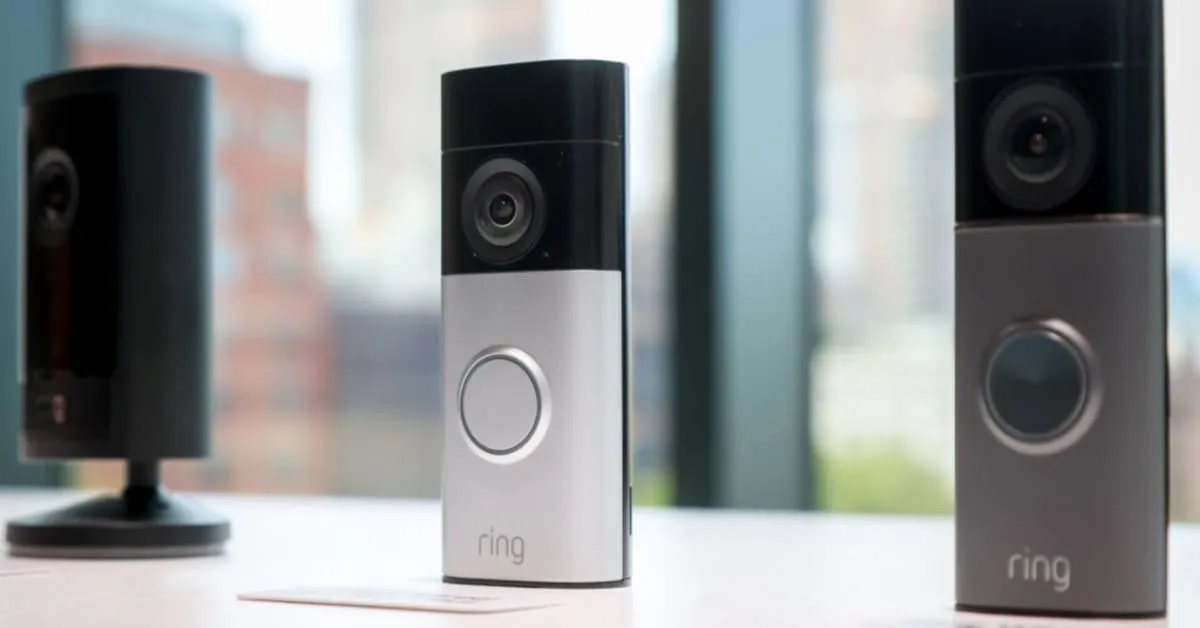
Last week, Amazon (AMZN) made waves during its Fall 2025 hardware event by introducing a series of groundbreaking tech products aimed at enhancing customer experience. Among the standout announcements were three new Kindle Scribes, including one model featuring a vibrant color display. Additionally, Amazon unveiled its new Fire TV Omni QLED lineup, which comes equipped with built-in Alexa Plus, as well as a redesigned, more premium Echo Dot Max.
Amazon also rolled out significant updates to its Ring cameras and doorbells. The latest lineup boasts impressive 4K video capabilities, cutting-edge artificial intelligence, and a unique feature known as “Retinal Vision” technology. Prices for these new devices range from $199 to $279, with additional offerings including the $179.99 Ring Wired Doorbell and the $59.99 Indoor Cam Plus, which supports 2K video.
While the enhanced video resolution of Amazon's new Ring devices is certainly a highlight, a new feature has raised eyebrows among consumers. The Familiar Faces capability allows these devices to utilize facial recognition technology. According to a recent press release, this feature "intelligently recognizes familiar people," helping to minimize unnecessary notifications from familiar individuals' routine activities.
For instance, if a friend or neighbor is recognized on camera footage, users can tag them in the Ring app by name. The next time the camera detects that individual, an alert will notify users of their presence at the door. This feature is expected to launch in December for new Ring doorbell and camera devices.
However, the introduction of the Familiar Faces feature has sparked significant concern among customers. A spokesperson from Ring clarified in a recent Washington Post report that the feature will be disabled by default, requiring customers to opt-in if they wish to use it. Furthermore, she emphasized that Ring customers must adhere to relevant state laws that may necessitate obtaining consent before identifying individuals through facial recognition.
Notably, the feature will not be available in Illinois, Texas, and Portland, Oregon, due to local legislation aimed at protecting consumer privacy.
The announcement of the Familiar Faces feature has led to a wave of backlash from Ring users. Discussions on platforms like Reddit reveal a growing distrust towards Amazon’s handling of personal data. Some users expressed their concerns with comments like, “Amazon can't be trusted with this tech; it'll end up in some database for targeted ads or worse.”
In light of the controversy, some Ring customers have opted to cancel their subscriptions. One user noted, “Well, time to get rid of my Ring camera,” while another lamented the invasive nature of the technology, declaring a switch to a competitor’s system for better privacy and quality.
Consumer advocacy groups are also voicing their apprehensions. Calli Schroeder, senior counsel at the Electronic Privacy Information Center, expressed that Amazon’s Familiar Faces feature is “invasive for anyone who walks within range of your Ring doorbell,” emphasizing that individuals are not consenting to this form of surveillance.
As Amazon continues to innovate, the balance between enhancing consumer convenience and maintaining privacy remains a crucial discussion point. The future of smart home technology may hinge on how companies like Amazon navigate these complex issues moving forward.